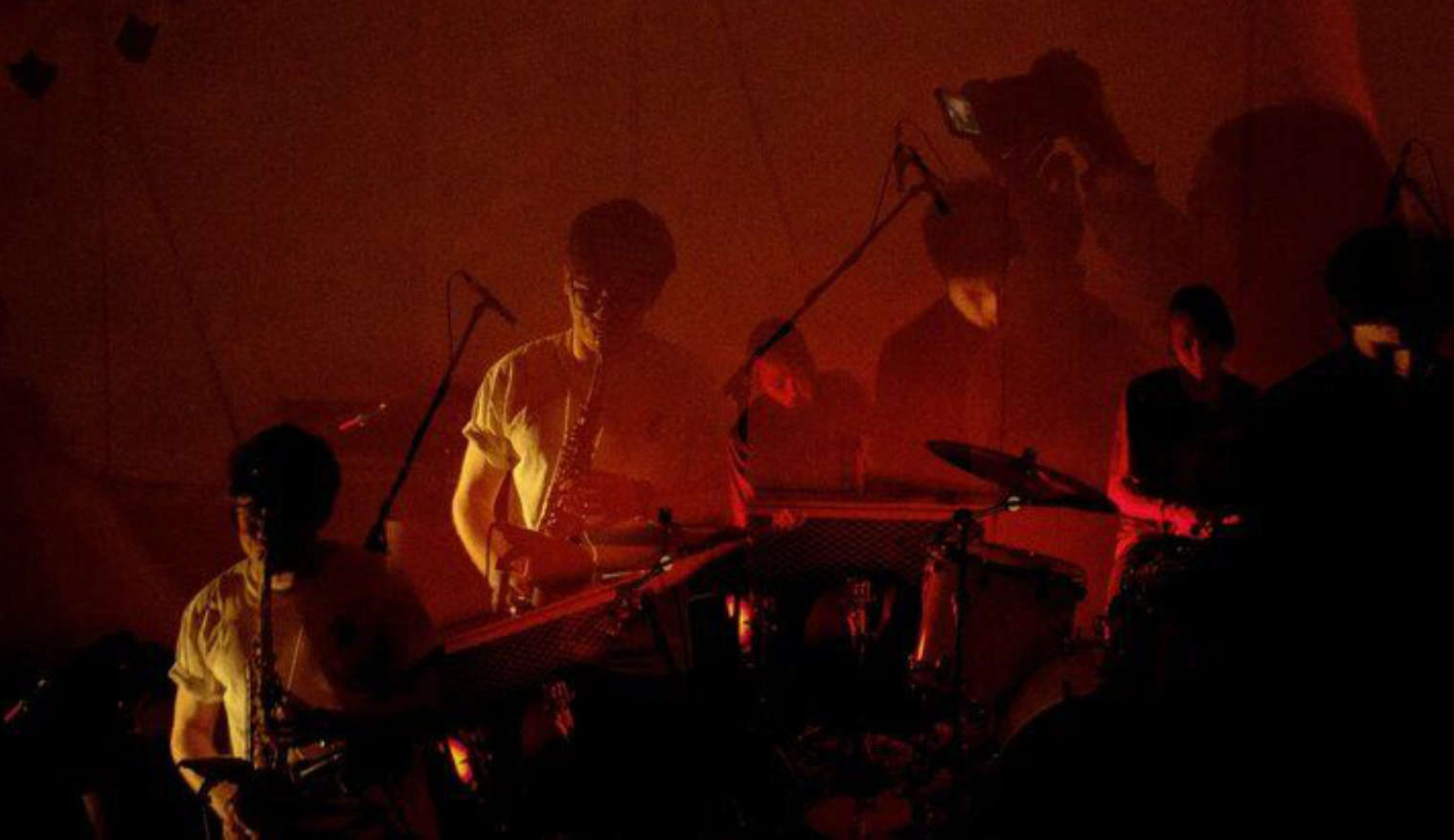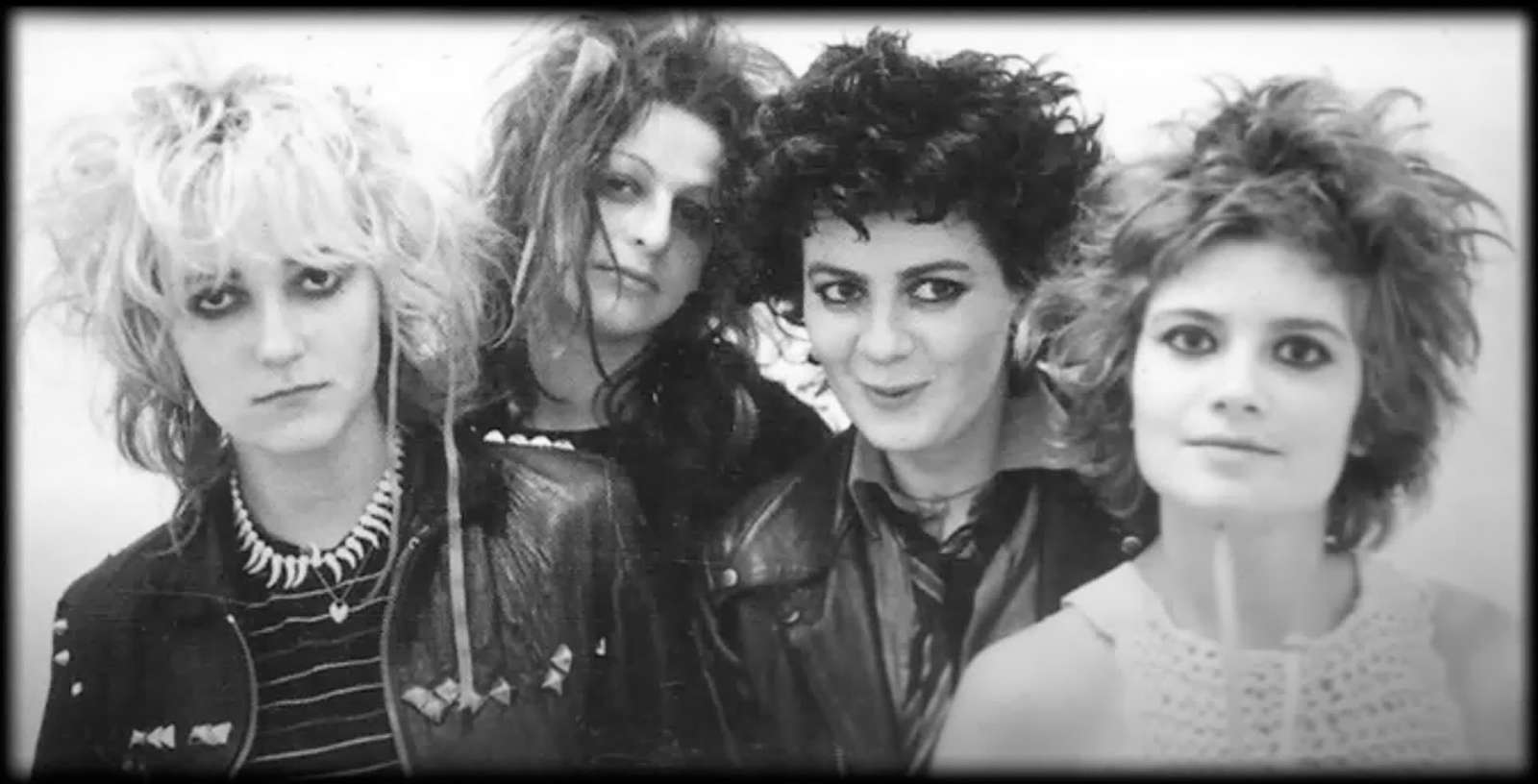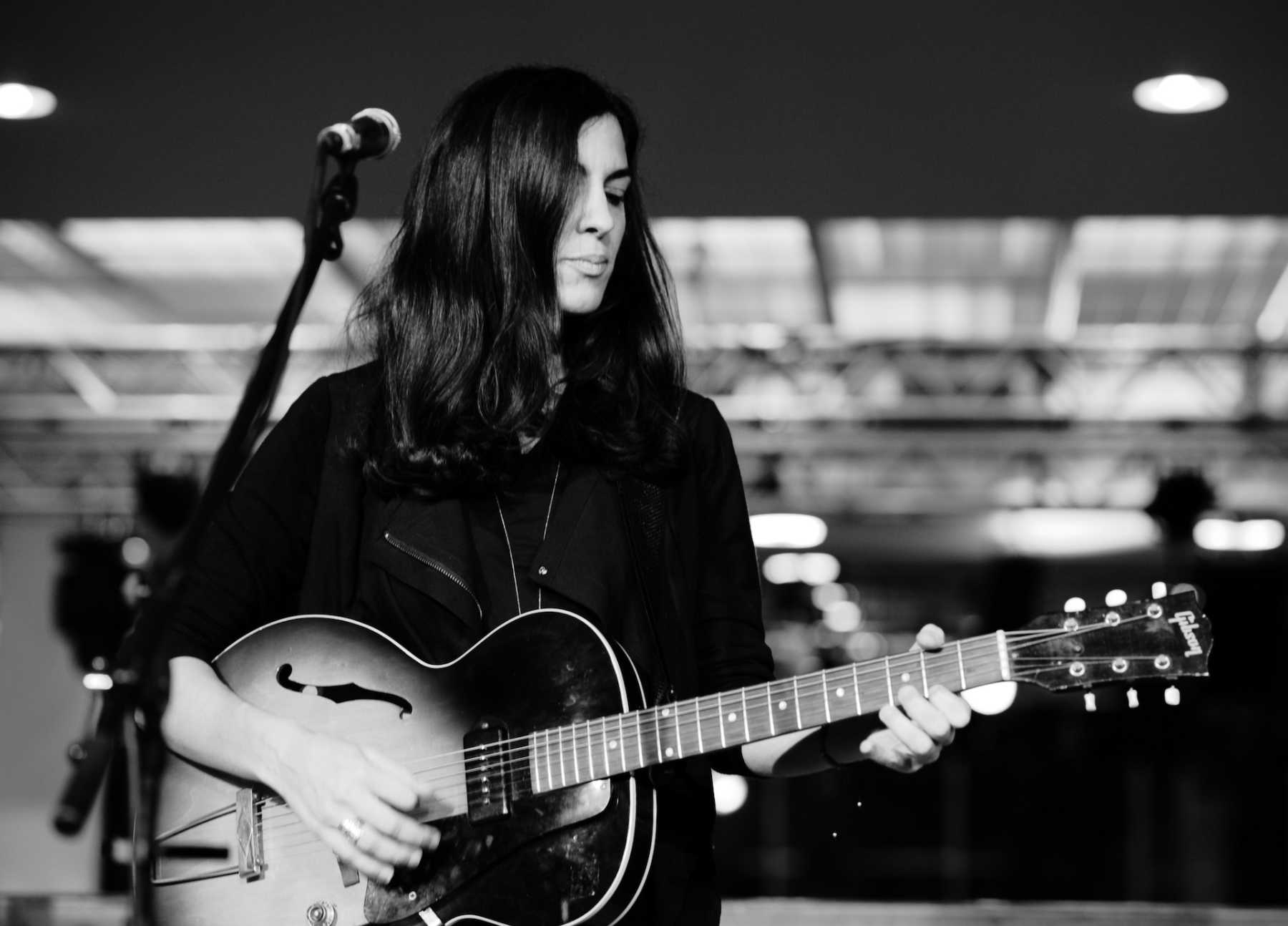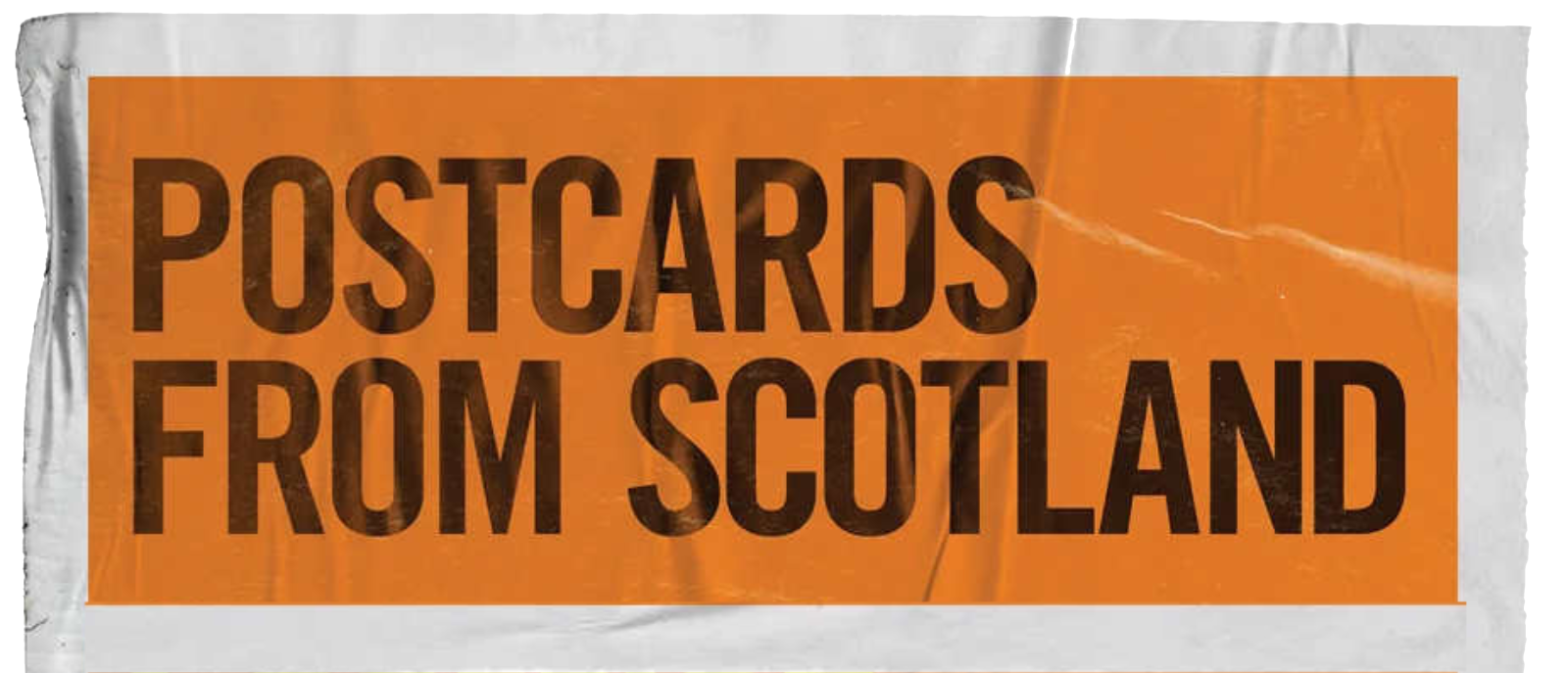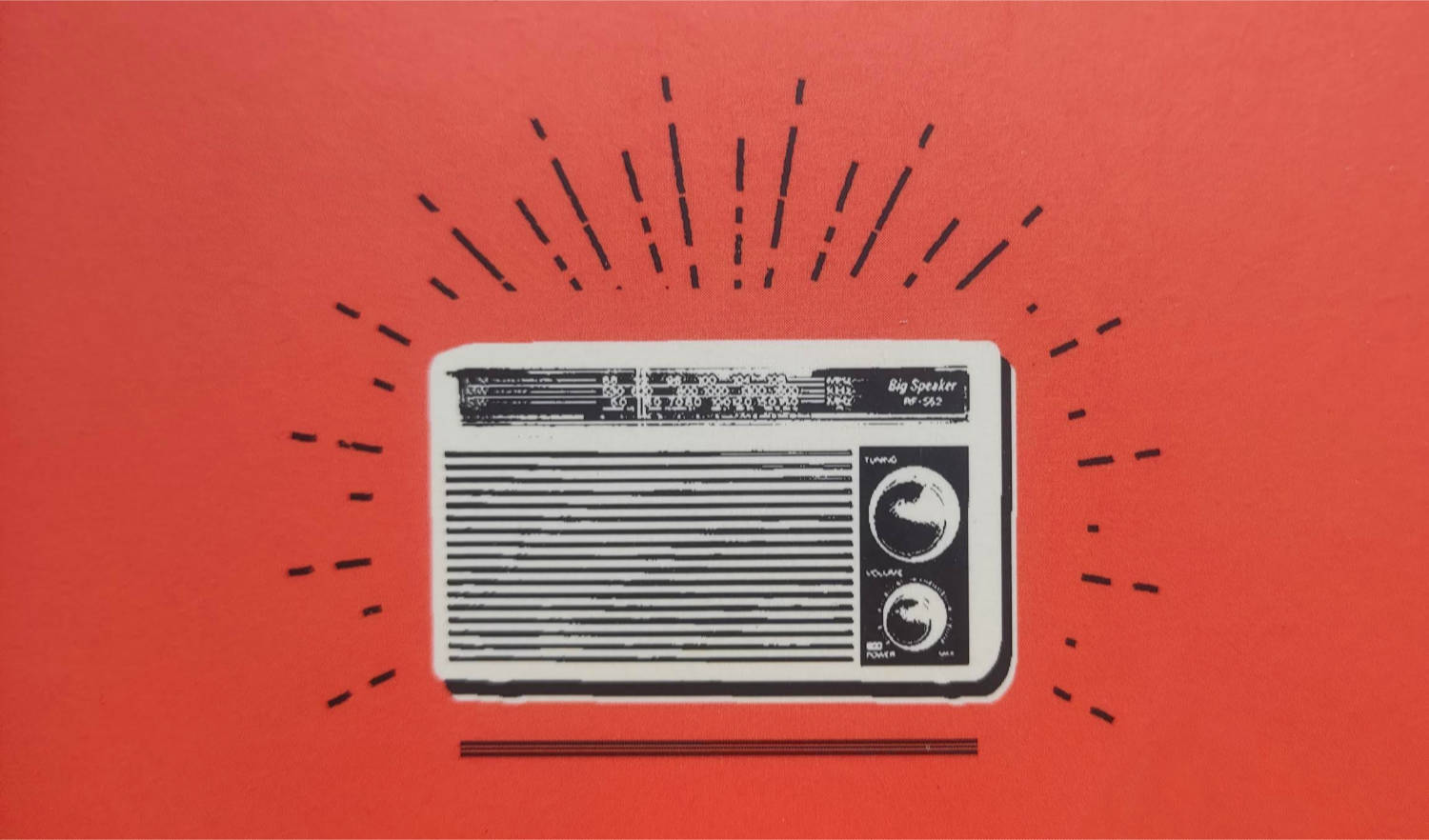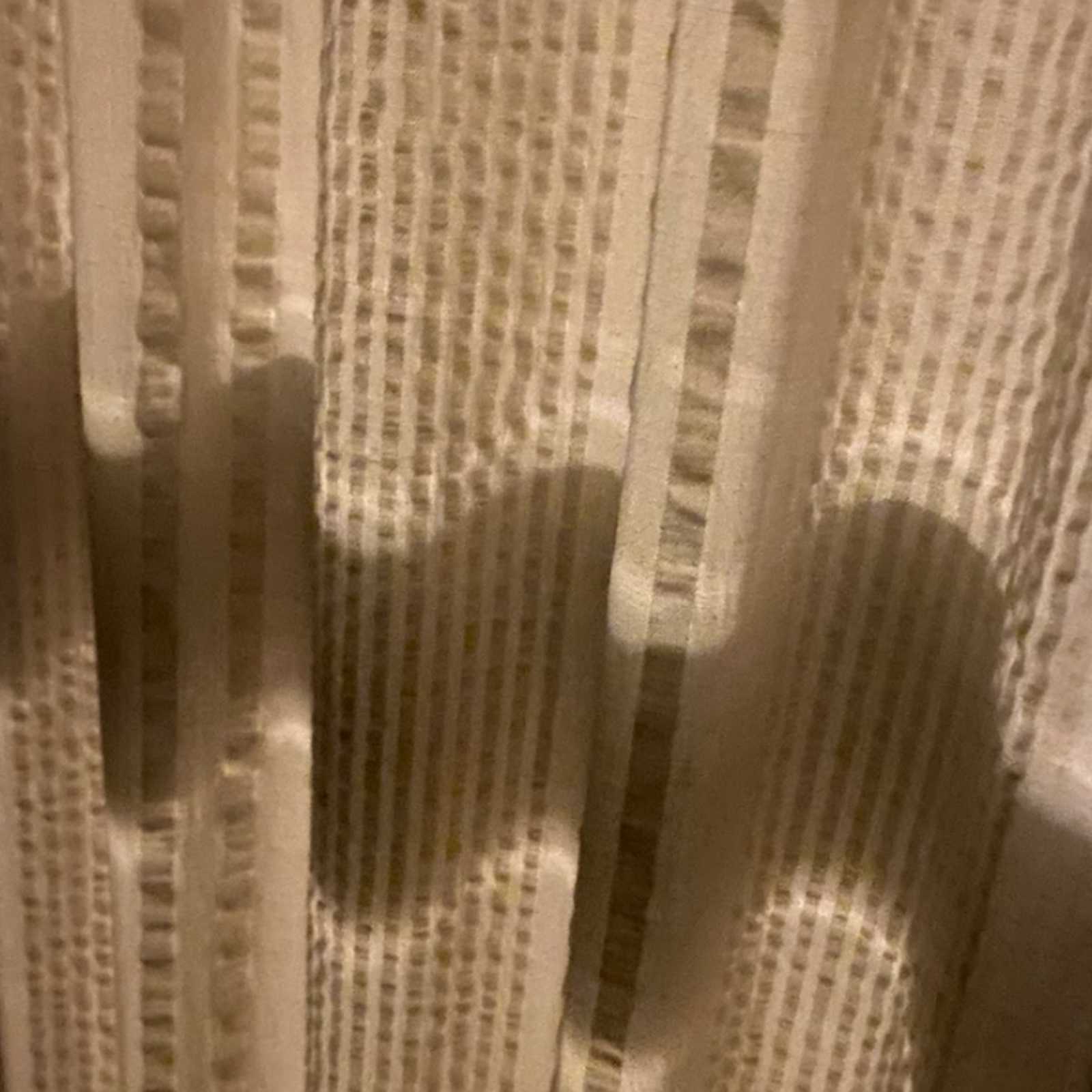This is a first, and as such we are very grateful to Si at Framework Recording Studios for helping to launch our year long thinly disguised careers advice guide of sorts for kids in the worlds numerous unemployment nadirs. So we're possibly not going to be doing much in the way of minor celeb interviews - our famed forte. Instead. More if you work all day everyday and don't have any friends then possibly someone somewhere sometime sooner or later might or possibly might not need you. Archetypal careers advice really. Ever wanted to be anything?
But first, some housekeeping. Record producer, audio engineer and musician Simon Reeves operates his Framework Recording Studio out of Digbeth, Birmingham. A phlegm heavy spit from that midlands Hollywood Bowl of punk rock, the Adam & Eve. He's known for his work with Police Bastard and Last Under The Sun.
Outsideleft: How did you get into this line of business?
Simon Reeves: Chiefly through being a musician with an interest in being self sufficient! I was in the right places at the right times too sometimes. In 6th form my school had a 16 track studio and because the school tech knew me he taught me to use it during lunch breaks. Later after I'd been experimenting with various home recording equipment I went to a studio with a band I was doing some dub reggae tricks for with a drum machine. They had a drummer too, but I was just doing echo box tricks and percussion loops alongside him. Anyway, in the studio the drummer went a bit crazy on a very simple pop tune, insisting on an off kilter 5/4 thing which really upset the balance of it. The studio owner who was acting as producer was more than a little unhappy, so I went home that night and wrote a simple funky loop that re-bridged the gap between the song and the drum track. The producer was dyslexic and saw in me someone that already understood some of the new tech and could also read instruction manuals for him in the coming digital revolution. Bingo- hired and trained by an old master. We worked well together for a few years- him all enthusiasm and manicness and me the calm problem solver, but his manic side took over one day and he abandoned the music industry altogether in the middle of an album session, which i had to take over as producer. I bought the equipment from him and just got on with it.
OL: How long is your typical working day?
SR: I generally earmark it as 12hrs, but often work MUCH longer, as my lovely, patient wife will attest! Almost as often though the musicians cave in before I do and I can either work on the bits of the project that are my responsibility or go home early. I more often choose the former, as it banks me a day off later on!
OL: Do you have a favorite aspect of your work?
SR: Nothing I don't like about it really- creative, flexible, satisfying- you learn from good bands and are inspired to do it properly yourself by the bad ones! I suppose if I had to choose I'd say that it was a toss up between the look on a musicians face when you show them a new idea or the best way of getting their own ideas onto cd, making a great mix for people who were strangers and are suddenly your best friends, bouncing off the walls with glee, or perhaps just the more solitary moment when I'm doing the mix work all alone late at night, it starts to work and the mix suddenly brings a great tune to life- all great, deeply satisfying moments.
OL: What's the best/go to piece of equipment you enjoy using?
SR: Haha one of my favourite secret weapons is a really horrible distortion called the bitcrusher- designed  to simulate a bad sampler, but it can produce searing static like distortions or can be just switched on to add an almost ridiculous bite and presence to a tone that you could struggle to produce with a compressor and eq for hours. There are also a couple of really good mics in my collection, and of course Logic Pro with its awesome creative tools and editing. The most valuable thing to an engineer though is familiarity with some good monitors- I use Genelec which are head and shoulders over anything I've ever heard. I guess all of that is wasted though without a happy, relaxed musician in the right frame of mind to perform. Getting them that way is a skill in itself, and involves you in coming across as friendly and competent and showing an understanding of what they want to achieve- which means having an understanding of most types of music and techniques for both recording and playing as many instruments as you can imagine coming into contact with- and/or the ability to bluff through things you have no experience of! The trouble is that most musicians- even the pros- only spend at most a week or two a year in the studio, so it never becomes routine to them like gigging or rehearsal. Performing under the microscope in front of a stranger who's telling them they just did it wrong and to try again is nerve wracking for them, so you have to convince them you're on their side and want the same things from the session- great recordings. You also have to be able to judge quite quickly both their skill level and their patience- and so how close to perfect you're going to get from them in the time you've got, and what you can fix quicker yourself with some editing. The less you do as an engineer the better- it allows for greater feeling of accomplishment for the musician obviously, which in turn generally makes them more relaxed and therefore brings out still better performance. Even so, there's often a wonderful look of gratitude and relief from them when they know they're struggling and you just shove a couple of chunks of audio around on the arrangement page and play them something fixed and perfected in thirty seconds of work from you and no further failure or embarrassment from themselves. On that same subject another secret weapon of mine is the drummer in my bands- he functions as an excellent session player and I've yet to find anything he can't play. He's fantastic with a click track and finds rhythmical ways around things that totally blind side me all the time, and yet sound like they were always meant to be there- he's great, and has brought a lot of folks songs to a whole new level.
to simulate a bad sampler, but it can produce searing static like distortions or can be just switched on to add an almost ridiculous bite and presence to a tone that you could struggle to produce with a compressor and eq for hours. There are also a couple of really good mics in my collection, and of course Logic Pro with its awesome creative tools and editing. The most valuable thing to an engineer though is familiarity with some good monitors- I use Genelec which are head and shoulders over anything I've ever heard. I guess all of that is wasted though without a happy, relaxed musician in the right frame of mind to perform. Getting them that way is a skill in itself, and involves you in coming across as friendly and competent and showing an understanding of what they want to achieve- which means having an understanding of most types of music and techniques for both recording and playing as many instruments as you can imagine coming into contact with- and/or the ability to bluff through things you have no experience of! The trouble is that most musicians- even the pros- only spend at most a week or two a year in the studio, so it never becomes routine to them like gigging or rehearsal. Performing under the microscope in front of a stranger who's telling them they just did it wrong and to try again is nerve wracking for them, so you have to convince them you're on their side and want the same things from the session- great recordings. You also have to be able to judge quite quickly both their skill level and their patience- and so how close to perfect you're going to get from them in the time you've got, and what you can fix quicker yourself with some editing. The less you do as an engineer the better- it allows for greater feeling of accomplishment for the musician obviously, which in turn generally makes them more relaxed and therefore brings out still better performance. Even so, there's often a wonderful look of gratitude and relief from them when they know they're struggling and you just shove a couple of chunks of audio around on the arrangement page and play them something fixed and perfected in thirty seconds of work from you and no further failure or embarrassment from themselves. On that same subject another secret weapon of mine is the drummer in my bands- he functions as an excellent session player and I've yet to find anything he can't play. He's fantastic with a click track and finds rhythmical ways around things that totally blind side me all the time, and yet sound like they were always meant to be there- he's great, and has brought a lot of folks songs to a whole new level.
OL: Who are your favorite type of clients?
SR: The guys that are good enough to know that there's always something to learn. The guys that aren't idiots in other words!
OL: Can you anonymously relate any horror stories without going out of business or upsetting your paranoid client list?
SR: Too many for this page! How about a bass player who had been in a band for seven years and were just recording their second album when I had to point out to them that he was terrible. The guitar was doing these crazy technical things and he was just hitting root notes on downbeats, literally, and he only gave me a day and a half to record him because he 'needed' to go and watch a wrestling show at the NEC! Even better we later discovered that as simple as it was we needed to re-record a lot of his parts because if he (heaven forbid) had had to play two notes he was fighting with his instrument so hard he bent said notes, making the bass line impossible to tune to. The guitarist and I patiently re-tracked his stuff and kept quiet, but the singer got into an argument with him and told him what we'd done and what everyone thought of him. He had a tantrum and threatened to leave the band which would have been a blessing, but came back a day later. The band made him promise to practice and get better and he started his penance on the spot by leaving his bass at the studio! No- NOW, MAN! You have to start NOW! Needless to say his involvement in that band didn't last much longer. Literal horror stories? The old studio was in a basement so was ABSOLUTELY dark when the lights were off- a few people 'saw' ghosts hahaha. One band stayed at the studio during their session and I had to go and see what was wrong when I heard their singer literally screaming in the night. I found him staring wild eyed into the dark using his mobile phone screen as light- in the days before smart phones so the light wasn't very impressive- looking for the 'ghost' that had been standing over him when he woke up. His bandmates were just ignoring him and trying to go back to sleep- it seems I was the only one concerned for a grown man screaming like a girl! Well, perhaps that's a slightly inaccurate description of the sound, it was lower and throatier- the sort of noise i imagine you'd make unconsciously if you drove your car off a cliff and were facing your certain end for a few seconds. It was unmistakably the sound of total primal terror even if it lacked the pitch of its female counterpart. Still makes me laugh, but my conscience is clear because at least I went to help him, even if I was biting my lip! I still shudder when I think of crisp packets too- if one of the guys in the unit upstairs dropped his packet in the wrong place it covered our drain and the studio was at risk of flooding. Fortunately we had a 'living room' sort of space which stood between the equipment rooms and the threat, because we had to sandbag that room with anything absorbent to hand more than once.
OL: What are you best known for professionally?
SR: In recent years Police Bastard, in the past involvement with Napalm Death and side projects thereof. Never releasing any of my own music despite interest from professionals and contemporaries- it's never quite finished! I don't really have any ambition in that field either- I make music because I can and I like to, not for adulation or money. Just as well because the money in the industry comes your way by luck if at all. A lot of great players die penniless whilst many terrible ones rise to stardom. Being good won't hurt but it's no sure ticket to your dreams, so I don't dream or even have any pretension that I'm particularly good! Do it because you love it and it is its own reward or don't do it- there's no guarantee that you'll make any more than the price of a pizza on the way home. The guitarist/singer of one of my bands put it more amusingly when he wrote in marker on the cups at our last studio 'give up now, it's cheaper'. I must point out that he hasn't given up, but I'm not sure that our rehearsal rooms didn't suffer as a result of his helpful advice.
OL: Working from home it's such a trend. If you had to set up in my house, could you do it? What would the neighbours think?
SR: Your neighbours would not be amused. Neither would you or your wife when i stole all your carpet to stick on the walls of my live room. I could definitely do it though, are you still interested?
OL: Why would you say "Everybody needs their own Audio Engineer?"
SR: Because I'm such a nice, funny guy and I can make any and every musical whim an audible reality. Who wouldn't want me around? Apart from your neighbours that is. On a serious note actually having a long running relationship with an engineer can be helpful- just like being in a band with the same people for a long time. You start to 'get' each other and that makes working swifter and more satisfying for the client- you start to get things out from their place in your head much more directly and much less changed by the process. It may be that only folk who have attempted to make music in the studio will understand this but I'm confident that at least those guys do. Your neighbours will never know the difference though, the satisfaction will be exclusively yours!
OL: *Knowing me and my audio needs as you do. Can you even give me any idea of the annual/monthly/daily/hourly cost of having my own audio engineer?
SR: Depends how prolific you are- a song can be made from scratch to a fairly professional standard in two or three days, if you write a song per week your annual bill would be in the region of £11k-£16k. Already sounds perfectly reasonable to me, but I cut better deals than that for regulars. Told you I was a nice guy didn't I?
*optional but we will/would like to answer for you if you cannot.
Si at Framework Studios can be contacted via email siframework@gmail.com or phone, 07790158210 or on Facebook. Through Ironman Records or he says, talk to a growing number of extreme bands from the area.









